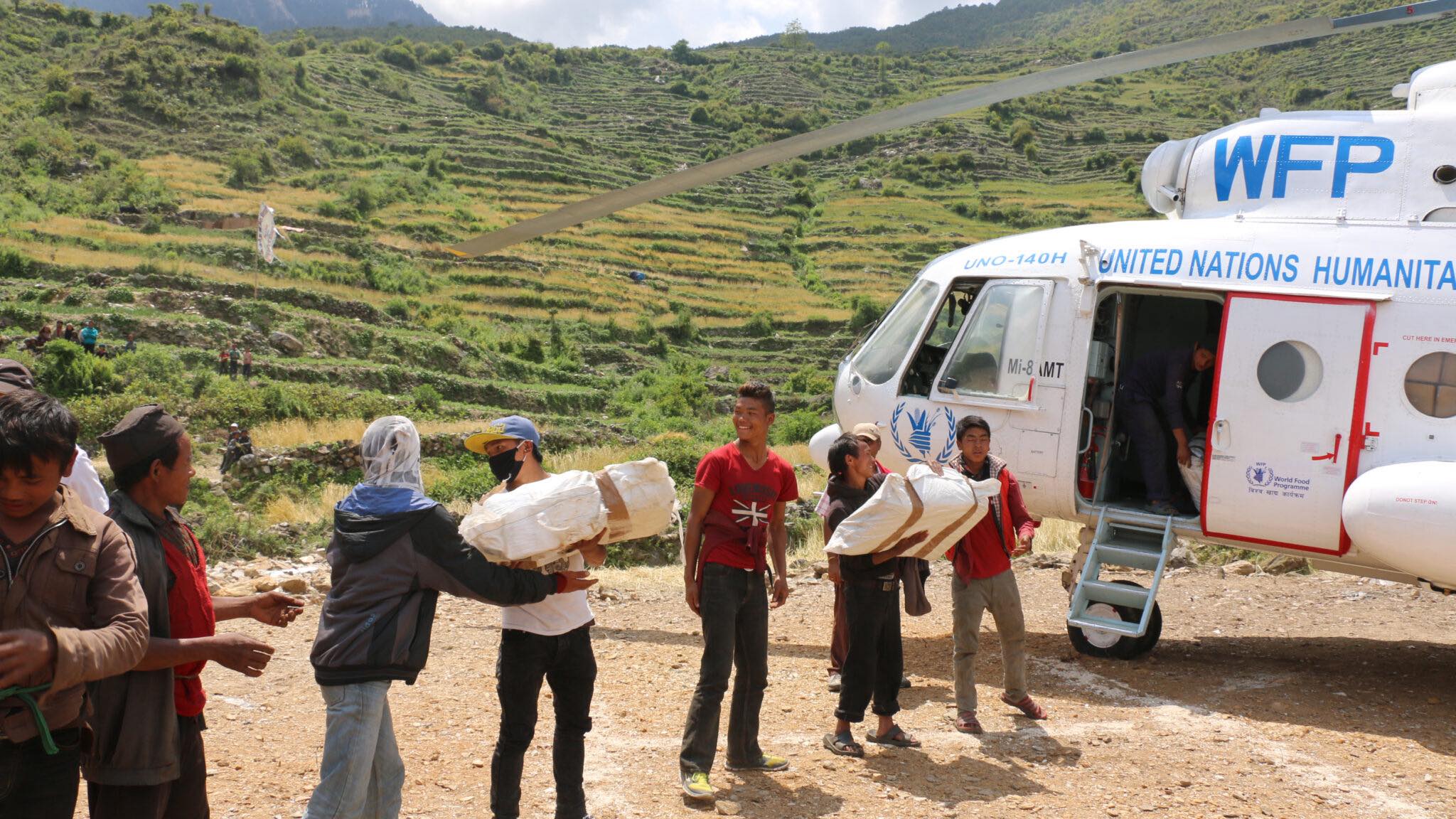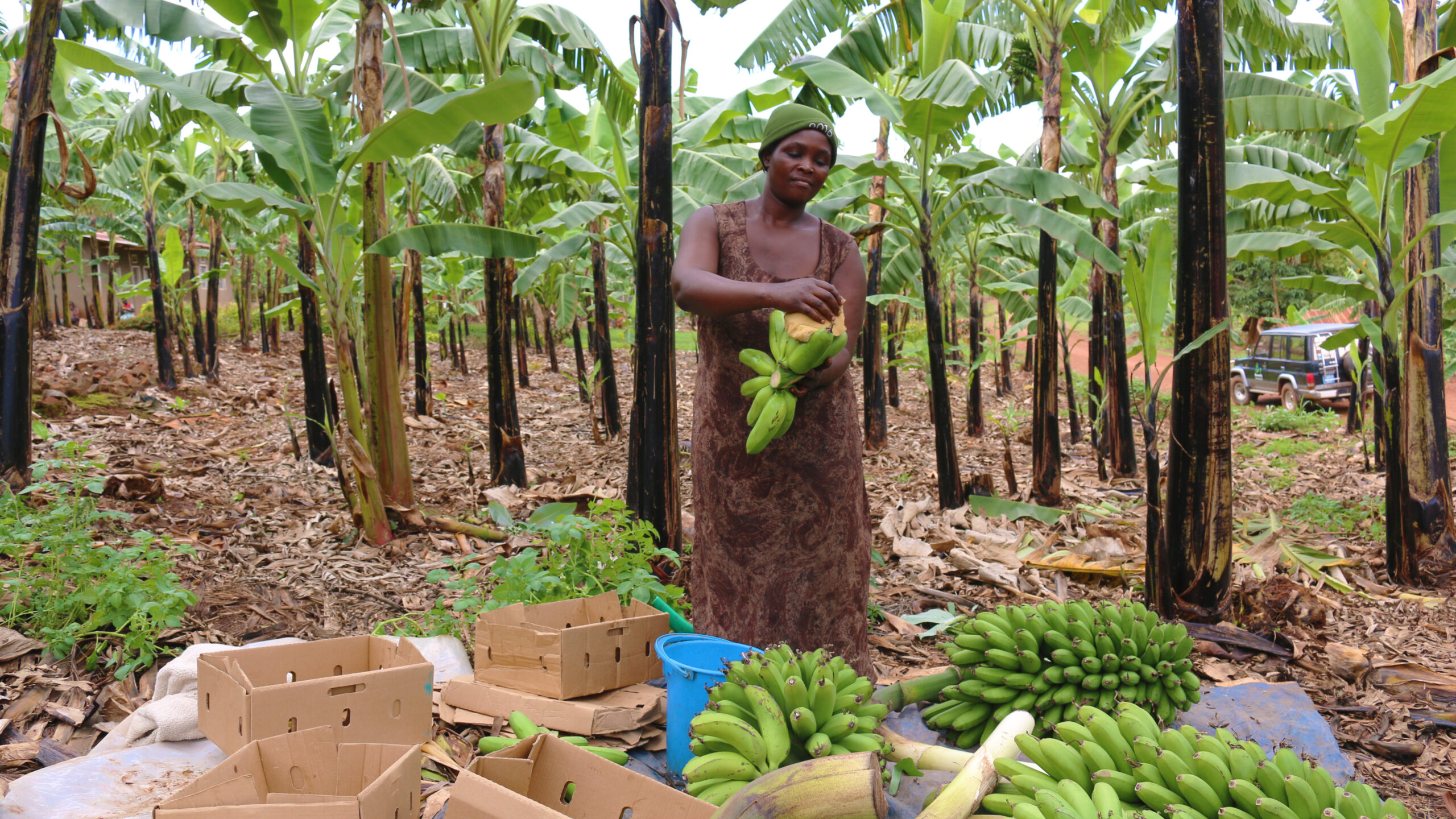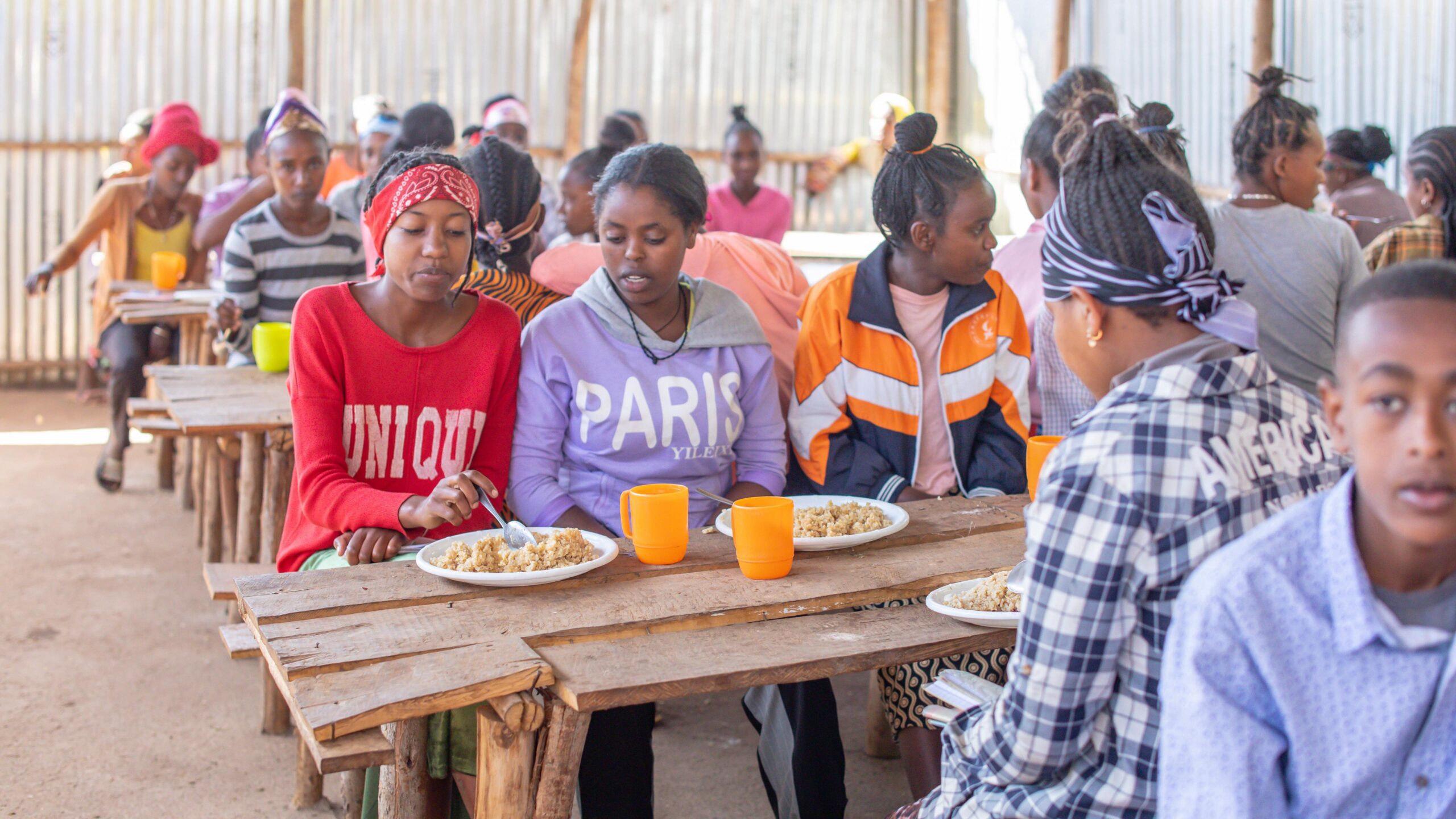Water resources continue to be a major constraint for China’s Yellow River Basin, a region enjoying rapid economic growth. Researchers have documented a link between access to water for irrigation and economic well-being: non-irrigated villages have poverty rates twice as high as irrigated villages. A number of problems, including pollution and competing water demand for industrial and urban use, have greatly reduced the total amount of water available for agricultural production in the area and thus threaten to increase poverty for the basin’s rural population.
In Beijing on May 6 and 7, IFPRI and the Center for Chinese Agricultural Policy are hosting “High Impact Interventions for Reducing water-based poverty in the Yellow River Basin,” a workshop that will focus on solutions for meeting the region’s demand for water. Several IFPRI staff members, along with research collaborators from Chinese and American universities and the CGIAR Challenge Program on Water and Food, will present at the workshop.
Experts have already identified several actions that can effect positive change on this issue: reforming existing irrigation management agencies, compensating farmers who give up their water resources for higher-priority use, and incentivizing water conservation practices. It is clear that establishing water security for the rural population of the Yellow River Basin will require approaching the problem at all levels of government.







